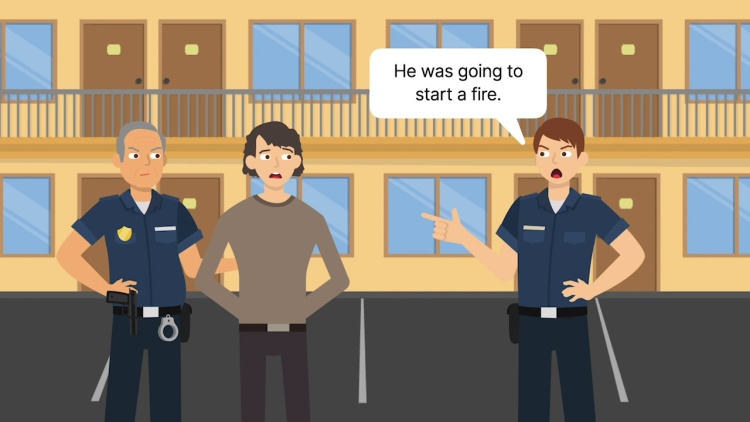Purcell v. District Attorney
Massachusetts Supreme Judicial Court
676 N.E.2d 436 (1997)
- Written by Casey Cohen, JD
Facts
In June 1994, Joseph Tyree received a court order to vacate his apartment, which was located in the complex where he worked as a maintenance man. Tyree consulted with Jeffrey Purcell (plaintiff), an attorney who represented low-income individuals, about the order to vacate. During the meeting, Tyree expressed to Purcell that he may burn down the apartment building. After giving it thought, Purcell advised the police of Tyree’s threat, as permitted by the disciplinary code. Police officers evicted Tyree the next day and searched his apartment, where they found materials to start a fire. Tyree was arrested and charged with attempted arson. At trial, the district attorney (defendant) subpoenaed Purcell to testify about the conversation between Tyree and Purcell. Purcell moved to quash the subpoena, and the trial court granted the motion. The trial ended in a mistrial, because the jury could not reach a verdict. The state tried Tyree a second time and again sought Purcell’s testimony. In the second trial, the judge found that Tyree’s statements to Purcell were not protected by the attorney-client privilege and ordered Purcell to testify. Purcell filed a motion to quash the subpoena, and the trial court denied the motion to quash. Purcell appealed.
Rule of Law
Issue
Holding and Reasoning (Wilkins, C.J.)
What to do next…
Here's why 908,000 law students have relied on our case briefs:
- Written by law professors and practitioners, not other law students. 47,100 briefs, keyed to 996 casebooks. Top-notch customer support.
- The right amount of information, includes the facts, issues, rule of law, holding and reasoning, and any concurrences and dissents.
- Access in your classes, works on your mobile and tablet. Massive library of related video lessons and high quality multiple-choice questions.
- Easy to use, uniform format for every case brief. Written in plain English, not in legalese. Our briefs summarize and simplify; they don’t just repeat the court’s language.







